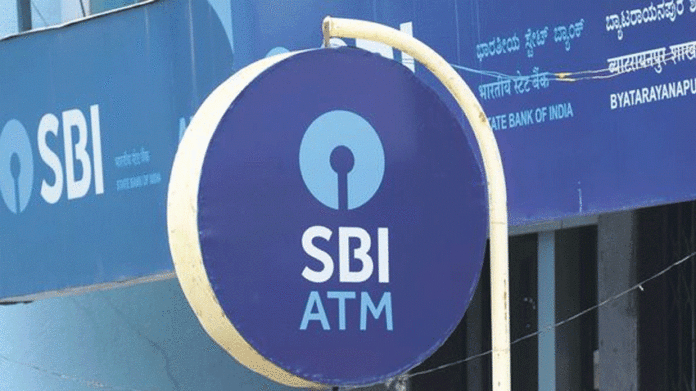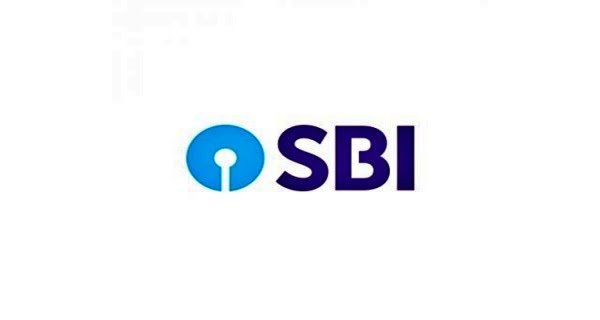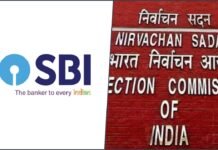
New Delhi: SBI customers who have been looking to earn some extra money without taking the risk of putting their money in risky investment tools can explore the option of opening an SBI Saving Plus Account. This saving account offers an interest rate higher than the usual 2.7 percent annual return offered by the bank on general saving accounts. According to the Information available on the SBI’s official website, Saving Plus Account is linked to the Multi Option Deposit Scheme (MODS), in which the surplus fund from the saving bank accounts is automatically transferred to Term Deposits opened in multiples of Rs 1,000. The term period for deposits under MOD ranges between 1 and5 year.
Features of SBI Saving Plus Account
- The minimum threshold limit for transfer to MOD is set at Rs 35,000 and the minimum amount of transfer to MOD Rs 10,000 in multiple of Rs 1,000 – at one instance is allowed.
- Customer will be entitled to get a 25 cheque leaves book per year and subsequent cheques will be provided with a charge.
- Like the normal SBI saving account, the Saving Plus Account also comes with a range of services like ATM cards, Net Banking, Mobile Banking, Internet Banking and SMS alerts.
- Customers can also get loan against their MODS account.
- There is no limit to the maximum balance of this type of account.
- There isn’t any monthly average balance account.

Eligibility criteria for SBI Saving Plus Account
- Every Individual with valid KYC documents is eligible for opening this saving bank account at any of the branches.
- Interested customers can open this Saving Plus Account individually, jointly or with either or survivor, former or survivor, anyone or survivor.
- The customer also has to mandate whether the First in First Out” or “Last in First out” principle should be applied for break opening of deposits. In case he/she does not make the choice clear, the “last in First out” principle will be applied.
















































